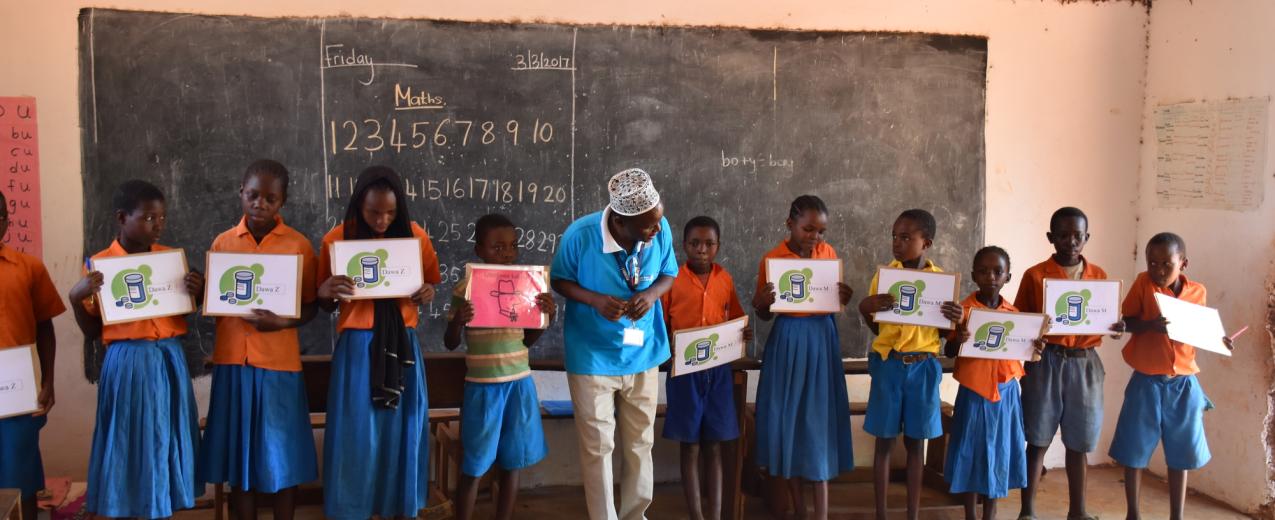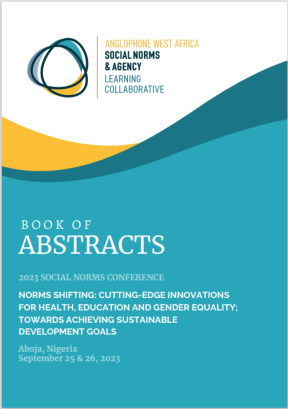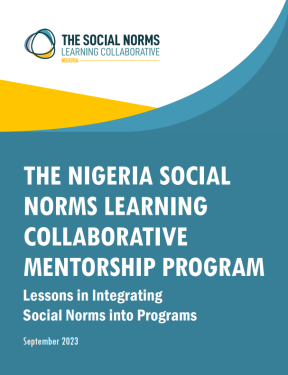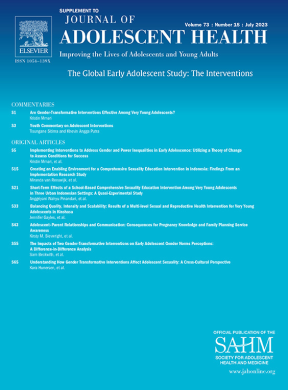
- Blog
- 28 Marzo 2019
Blog from an ALIGN-sponsored convening
From imagining a feminist internet to building health systems that transform gender norms, ALIGN, through supporting two forward-looking convenings last month, has truly embodied its mission of ensuring that the best available knowledge has an impact on challenging and changing discriminatory gender norms.
convening.
I wrote previously about joining in the powerful discussions held by some 50 experts in Sri Lanka on how technology-facilitated gender-based violence can be overcome through feminist research, advocacy and action. Just days later, I found myself in Nairobi, along with researchers, practitioners and policy-makers from 11 countries, immersed in fascinating deliberations led by the Kenya Medical Research Institute–Wellcome Trust Research Programme (KWTRP) and Research in Gender and Ethics (RinGs) about how health systems are both shaped by and contribute to gender norms.
Several of the meeting participants have written fantastic blogs that capture many of the thoughts I myself had during the convening, so I thought I’d share those here:
- Linda Waldman of the Institute of Development Studies and Helen Elsey of the University of Leeds present five guiding principles for building health systems that transform gender norms, focusing on the importance of cross-sectoral understanding and approaches.
- In this blog, Dr Sassy Molyneux of Oxford University and KWTRP gives us her five key takeaways from the meeting.
- Finally, Linda Keeru talks here about the dynamics of gender norms in the context of community health.
Leading policy-makers from Kenya also participated actively in the meeting, demonstrating their commitment to tackling harmful gender norms as a way to achieve both improved health outcomes and gender equality. If you’re interested in hearing their perspectives and those of a few others, I encourage you to watch these short videos on the RinGs’ YouTube channel:
- Dr Joyce Mutinda, Chairperson of Kenya’s National Gender Equality Commission, makes a case for how evidence can inform health policies and planning.
- Dr Hannah Kagiri, Head of the Gender Unit at the Kenya Ministry of Health, describes how gender norms affect health-seeking behaviour, decision making and access to care in Kenya and how research can help with health systems planning.
- Dr Richard Mangwi of Makerere University speaks about how men’s control of finances may restrict women’s access to care and raises the question of whether researchers themselves are best positioned to influence policy-makers.
- Charity Tauta of the Kenya Ministry of Health’s Community Health and Development Unit urges us to consider how gender norms affect health throughout the life course, from infancy through old age, and tells us that gender mainstreaming should become everybody’s business.
- Dr Lilian Otiso of LVCT Health calls for straightforward, context-specific capacity building for health-planners, programmers and policy-makers on how gender norms can affect access to and behaviour in health settings.
- Finally, Alen Mkhwana of the African Academy of Sciences focuses on the need to understand gender socialisation and apply a gender lens when designing health systems, policies and practice.
the region.
In sum, the ALIGN-sponsored convening and these great videos and blogs demonstrate powerfully that, by sharing evidence with other researchers, policy-makers and practitioners, experts can expand our understanding of discriminatory gender norms – and what works to change them.
And that’s exactly what ALIGN was intended to do.
About the author

Book/Book chapter
25 Septiembre 2023

Case study
15 Septiembre 2023

Journal article
1 Julio 2023
